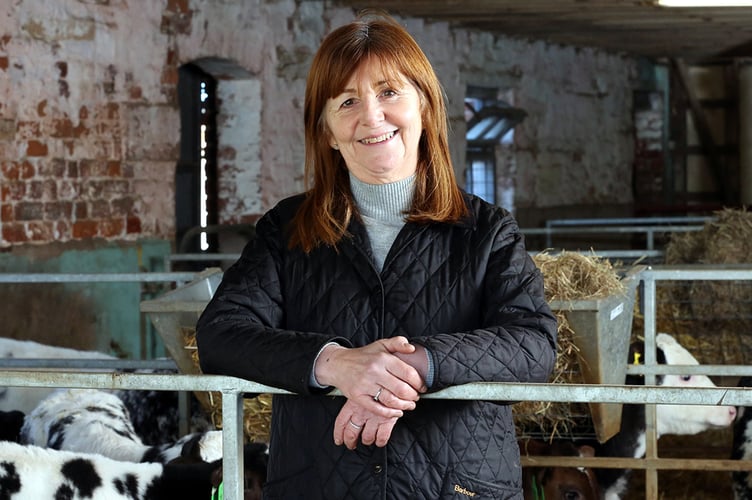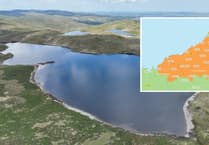Farming unions have raised concerns over Welsh Government plans for agriculture in Wales – including proposals for 10 per cent tree coverage across the country.
Minister for Rural Affairs in Wales, Lesley Griffiths, announced to the Senedd on Tuesday, 11 July that three reports had been published on the development of the Sustainable Farming Scheme, which is set to replace the Basic Payment Scheme (BPS) and Glastir from 2025.
Both the Farmers’ Union of Wales and NFU Cymru broadly welcomed the proposals put forward, but both unions raised concerns.
NFU Cymru president Aled Jones said: “NFU Cymru remains supportive of Welsh Government’s overarching framework for the SFS arranged around universal, optional and collaborative tiers.
“Farmers will receive a baseline payment for carrying out a set of universal actions and we are clear that more work is needed on the universal actions to ensure that they work for all active farmers in Wales irrespective of location, sector and land tenure.
“NFU Cymru is extremely concerned and disappointed that Welsh Government appears to have doubled down on its 10 per cent tree cover target (on areas Welsh Government considers suitable for tree planting) within the universal tier of the proposed scheme.
“In our response to the SFS outline proposals, NFU Cymru highlighted the broad range of issues associated with the 10 per cent tree cover and 10 per cent habitat targets. We remain clear the challenges around these targets present a very real barrier to scheme participation.
“Farmers will be prepared to plant hedges, shelterbelts, streamside corridors and field corners on appropriate areas of their farm but will not plant trees on their productive land.
“It will also be vital that the final consultation provides more detail on what exactly farmers will need to do and crucially what they can expect to be paid.
“The scale of change faced by farming businesses in Wales is unprecedented. NFU Cymru is committed to working with Welsh Government to make sure that the new system works and is fit for purpose. Furthermore, as we transition away from the current system, there must be sufficient time to allow farmers to adapt their businesses to what is expected of them.”
FUW president Ian Rickman welcomed the progress made but singled out concerns regarding comments made in the Welsh Government report and by the minister in relation to how the scheme might work on common land.
“The report implies that the (Common Land) Working Group wants to see funding for commons being excluded from the baseline payments and supported exclusively through the collaborative layer of SFS.
“This is not true – members of the Common Land Working Group who represent the majority of Welsh commoners have repeatedly emphasised that it is essential that common land has automatic access to the baseline payments.
“Around 2,000 Welsh farming families rely on common land for 25 per cent or more of their current BPS payment, and excluding commoners from accessing baseline payments would be discriminatory and cause significant economic problems, particularly in communities where there are significant numbers of commons or commoners and accessing complex collaborative agreements is a challenge or impossible,” he added.




